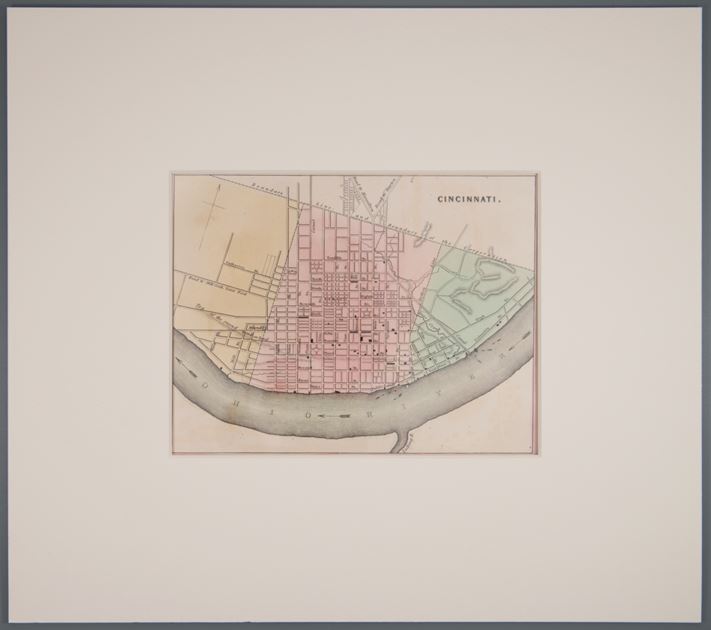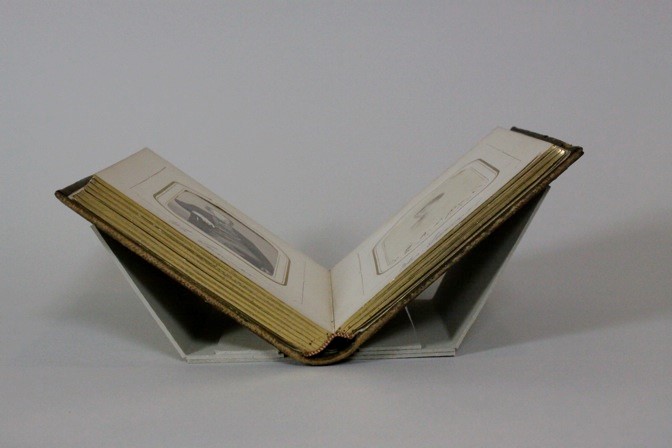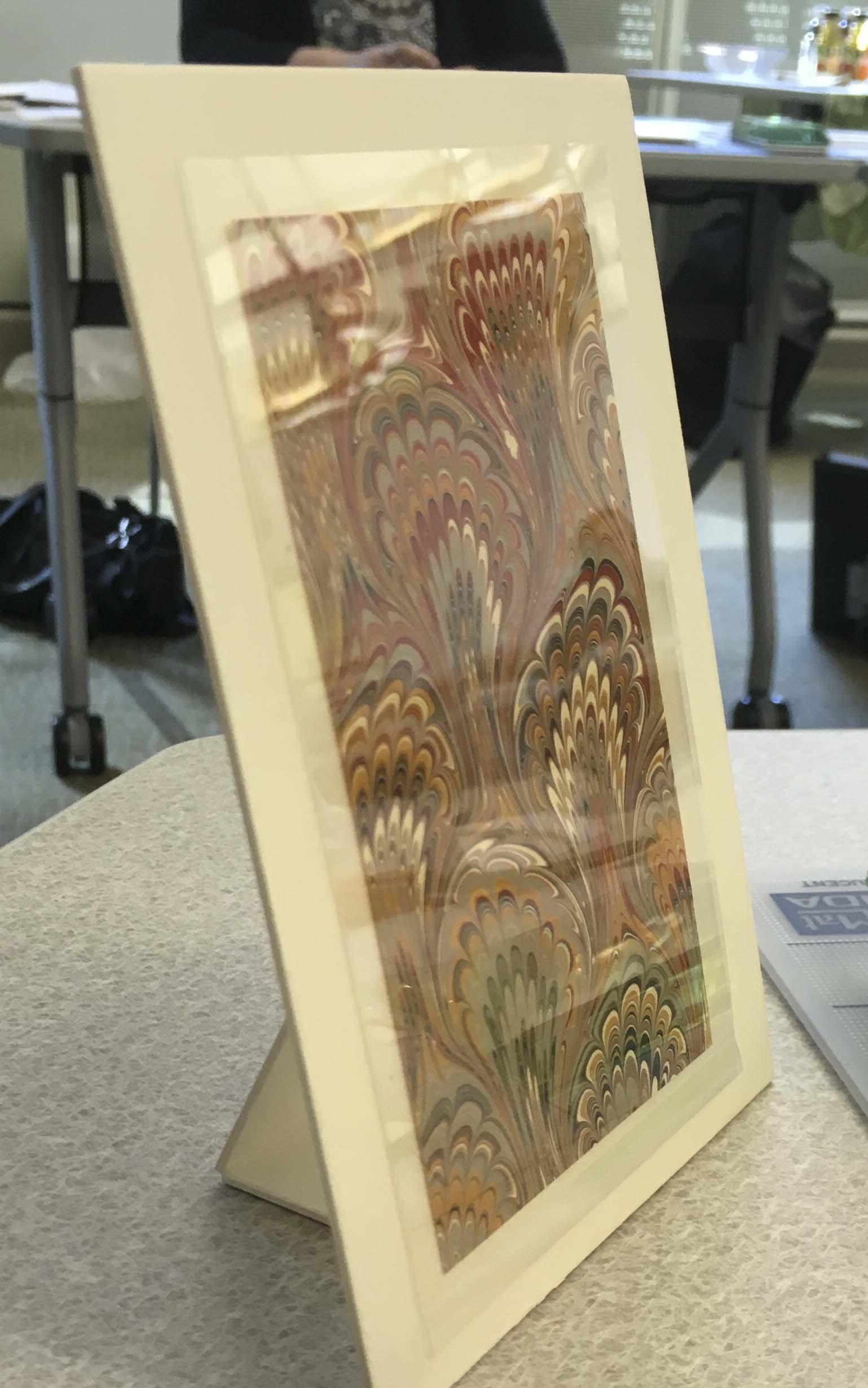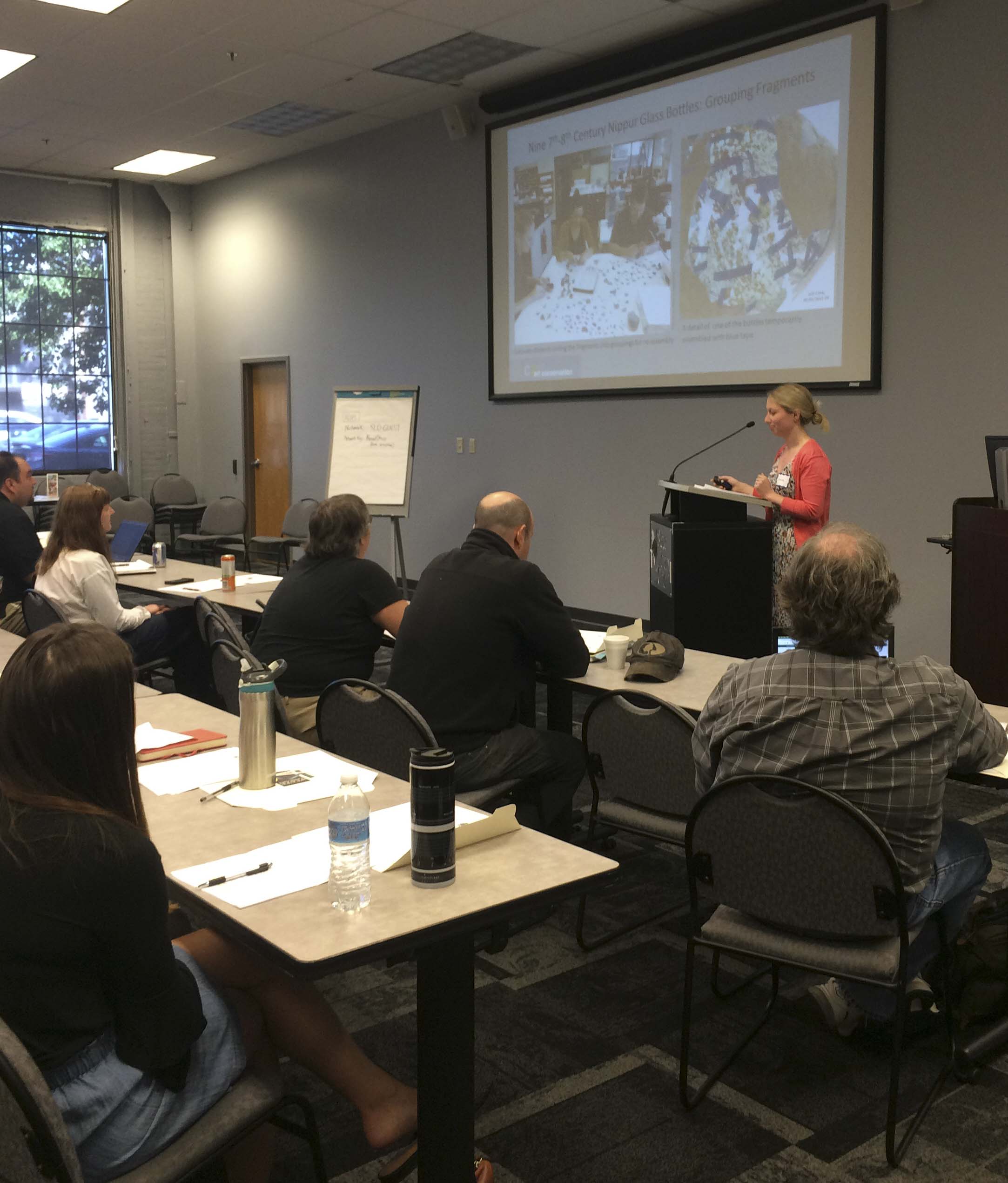Workshops
|
Learn how to make a custom cardboard clamshell box using acid-free archival corrugated board, safe for archival storage. This workshop will teach a method of making a corrugated clamshell box with the aid of an Excel spreadsheet to calculate the measurements of the box. Corrugated clamshell boxes are elegant, lightweight, and a durable solution for storing special collection books or brittle bindings. This type of enclosure can be produced relatively fast and economically after a short training period. | Overwhelmed by the various types of enclosures available for preservation storage? Curious about the difference between buffered or unbuffered boards? Is a custom enclosure or pre-fab box the right fit for you? What about cost considerations? In this class, an introduction to preservation enclosures offers insight on a range of storage solutions for varying materials and breaks down how to select the right “box” for different materials. |
|
|
|
This workshop will focus on utilizing mat board options for long-term storage while keeping in mind considerations for display. Participants will create three sample matting systems to mount materials with varying long-term storage needs, using non-adhesive mounting techniques. Depending on schedule availability, an introduction to mounting with hinges and wheat starch paste may also be provided. |
Learn how using book cradles in reading rooms, exhibits, and as supports during digitization projects can extend the life of your materials. Explore the types of cradles available and which are best for particular books structures. For full day workshops we’ll construct two simple DIY cradles from mat board. Instructor(s) will bring samples of the cradles used at their institutions and we encourage workshop attendees to bring examples to show as well. No previous experience necessary. |
This is an annual workshop provided each June as part of the LSTA Conservation Grant. Attendees will leave with an understanding of the criteria for selecting materials for conservation/preservation, basic evaluation considerations, how to find and work with a conservator, contracts and insurance and treatment documentation. In some circumstances, participants are encouraged to bring actual materials they are considering having conserved for an informal discussion about the range of treatment possibilities they might encounter. |
|


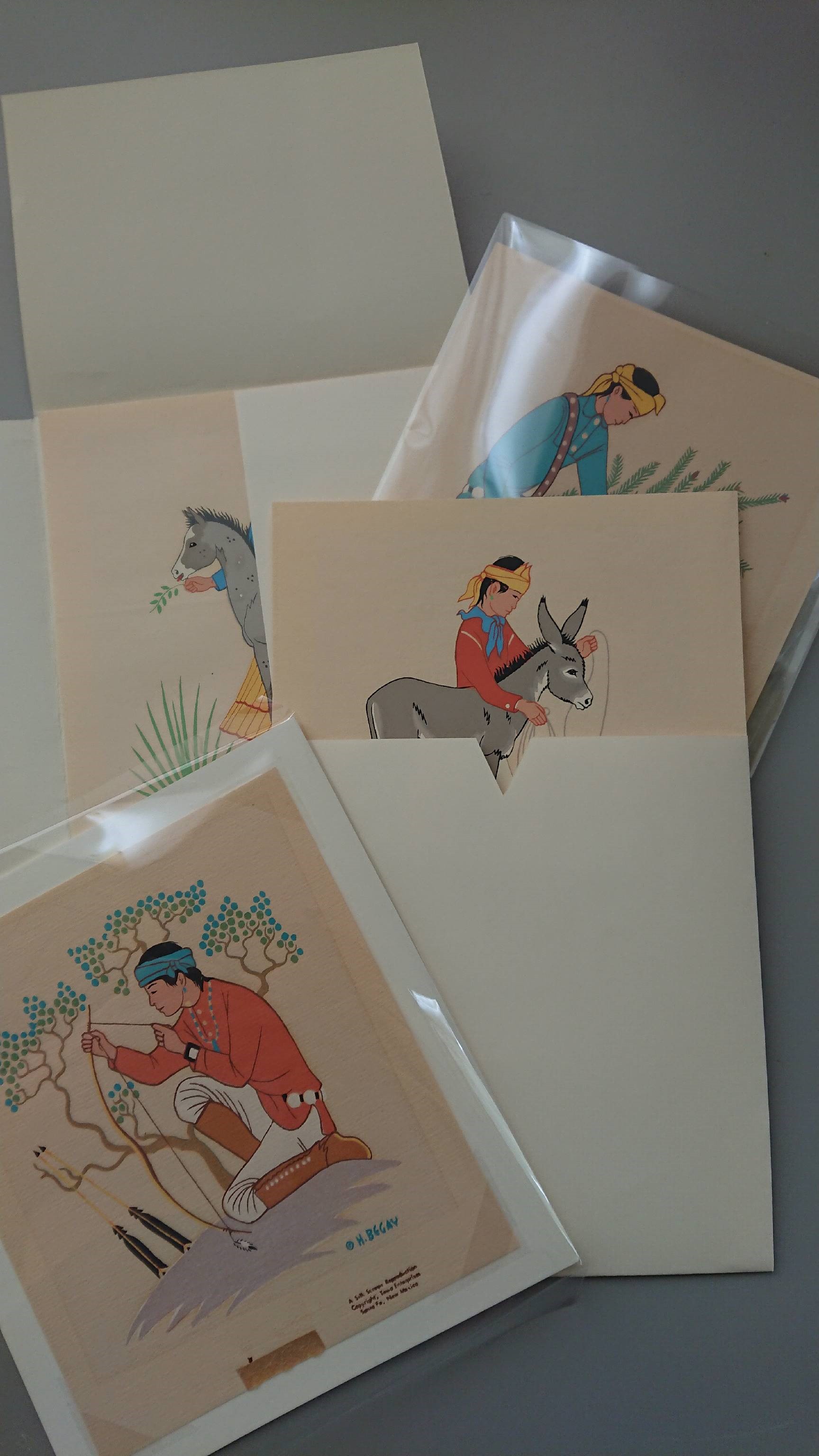 Properly
constructed, the most basic enclosures can provide multifaceted
protection from many of the threats to your collections
Properly
constructed, the most basic enclosures can provide multifaceted
protection from many of the threats to your collections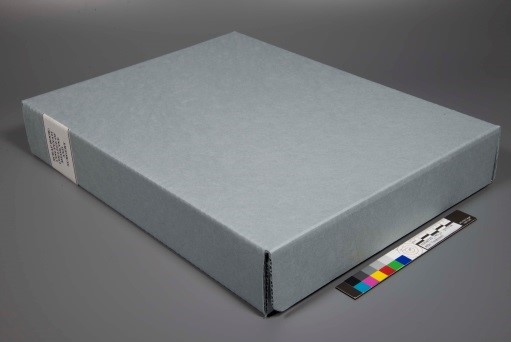
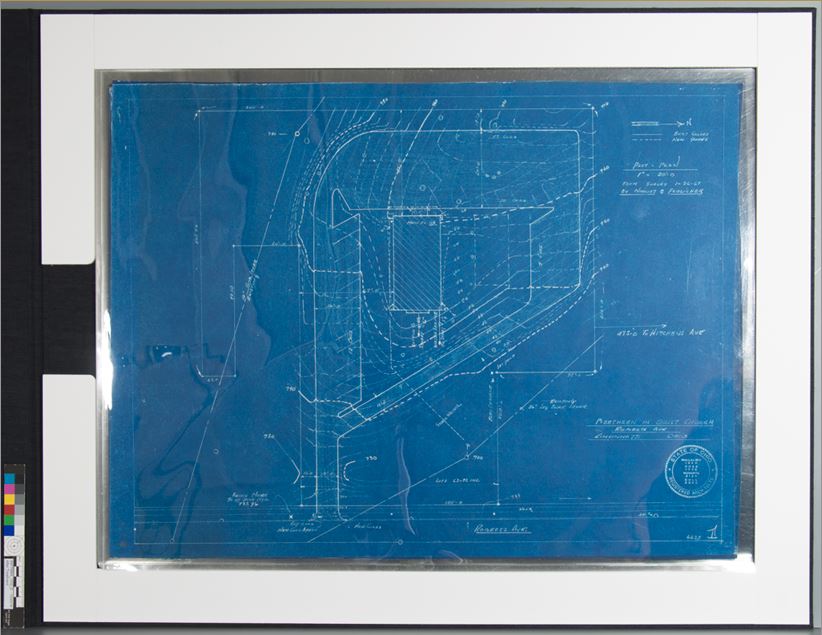
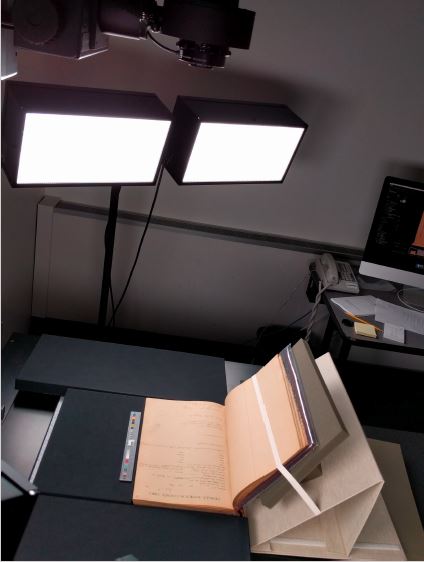 Presented from a preventative conservation perspective, this workshop will provide guidelines and tips to protect special collections during the digitization capture process. Preservation topics will include transportation, environment and workflow considerations for rare materials. A brief overview on identifying book parts and common condition issues will be followed by a discussion on handling and supporting fragile materials.
Presented from a preventative conservation perspective, this workshop will provide guidelines and tips to protect special collections during the digitization capture process. Preservation topics will include transportation, environment and workflow considerations for rare materials. A brief overview on identifying book parts and common condition issues will be followed by a discussion on handling and supporting fragile materials.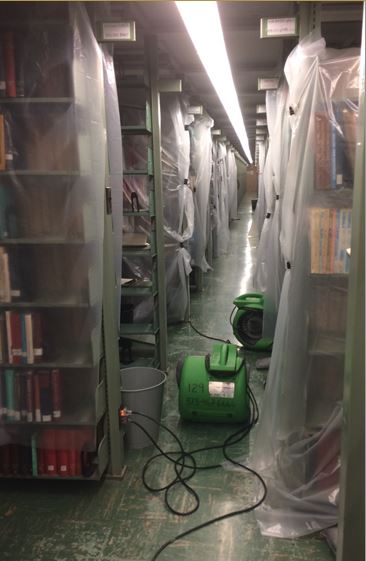
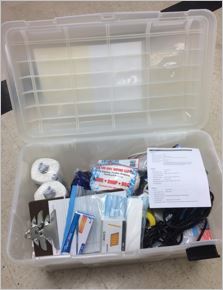 This session will
discuss how disaster kits can be of use once an area is safe to enter. Most
importantly, this session orients participants to the contents of a disaster
kit.
This session will
discuss how disaster kits can be of use once an area is safe to enter. Most
importantly, this session orients participants to the contents of a disaster
kit.